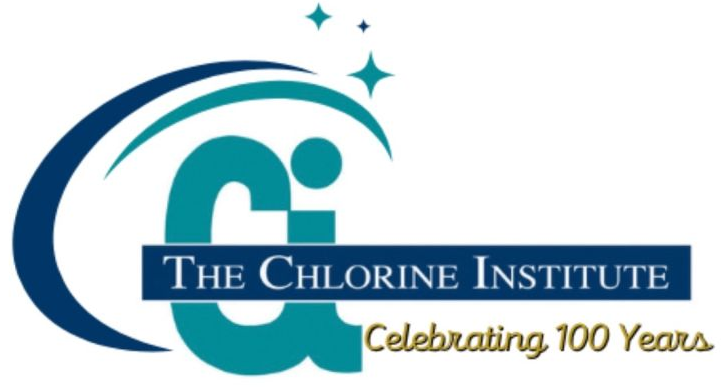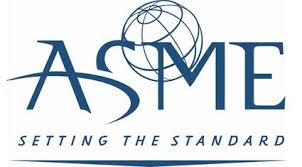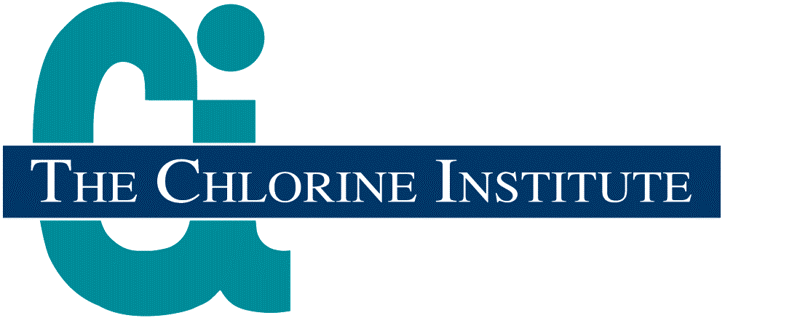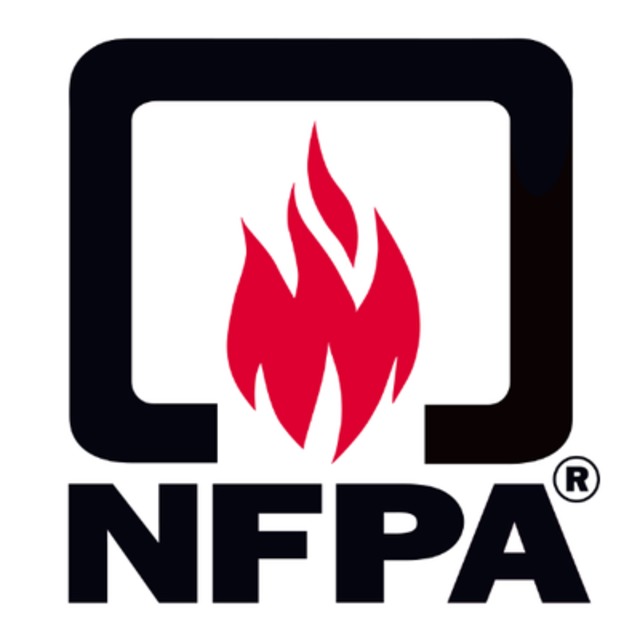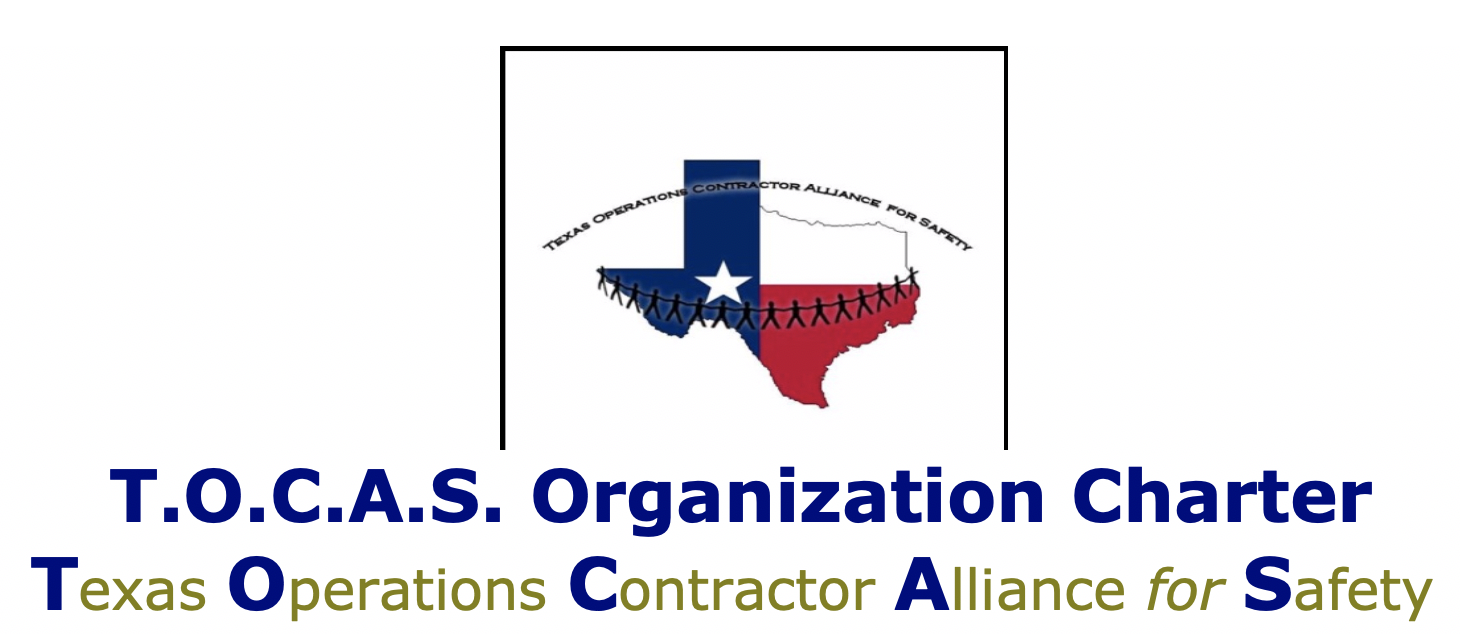Evaluation of the Fire Hazard of ASHRAE Class A3 Refrigerants in Commercial Refrigeration Applications (NFPA)
Due to the potential environmental impact, there has been a shift to consider use of natural refrigerants, which have a lower Global Warming Potential (GWP) than traditional fluorocarbon based refrigerants. One type of natural refrigerant are hydrocarbons (e.g. propane), which are classified as Class A3 refrigerants per ASHRAE Standard 34. The Environmental Protection Agency (EPA) has a charge limit of 150g of hydrocarbon per appliance, which is defined as a closed loop refrigeration circuit. Previous work has been completed on Class A2L refrigerants, but Class A3 refrigerants need more study to provide technical basis for any changes to the current limits for use in refrigerator units. There is a need to assess the fire hazard of Class A3 refrigerants, and specifically propane, in larger volumes to evaluate their viability as alternatives to traditional refrigerants in more applications. |
Partner Organizations I am proud to announce that The Chlorine Institute and SAFTENG have extended our"Partners in Safety" agreement for another year (2024) CI Members, send me an e-mail to request your FREE SAFTENG membership
Member Associations
|
